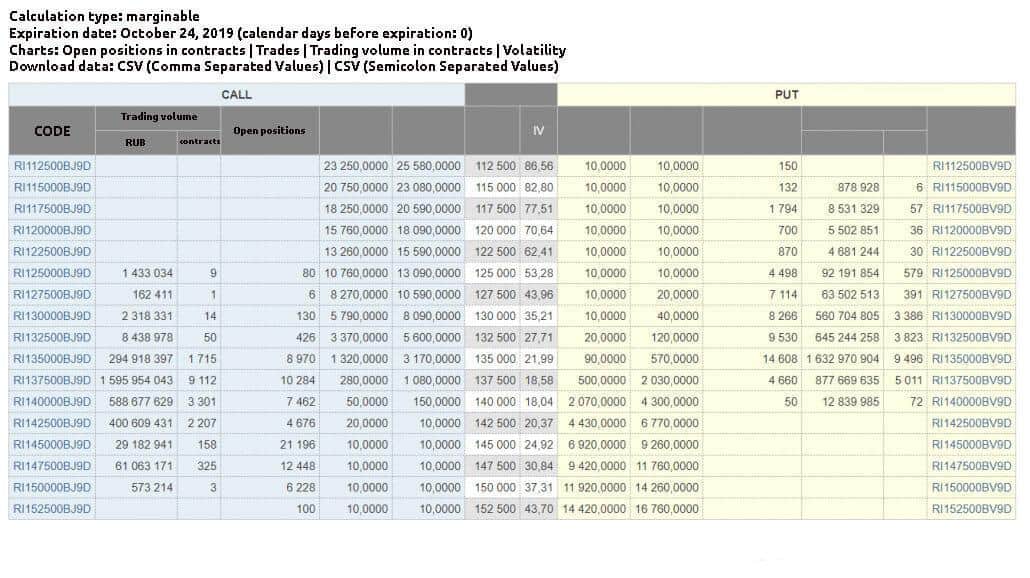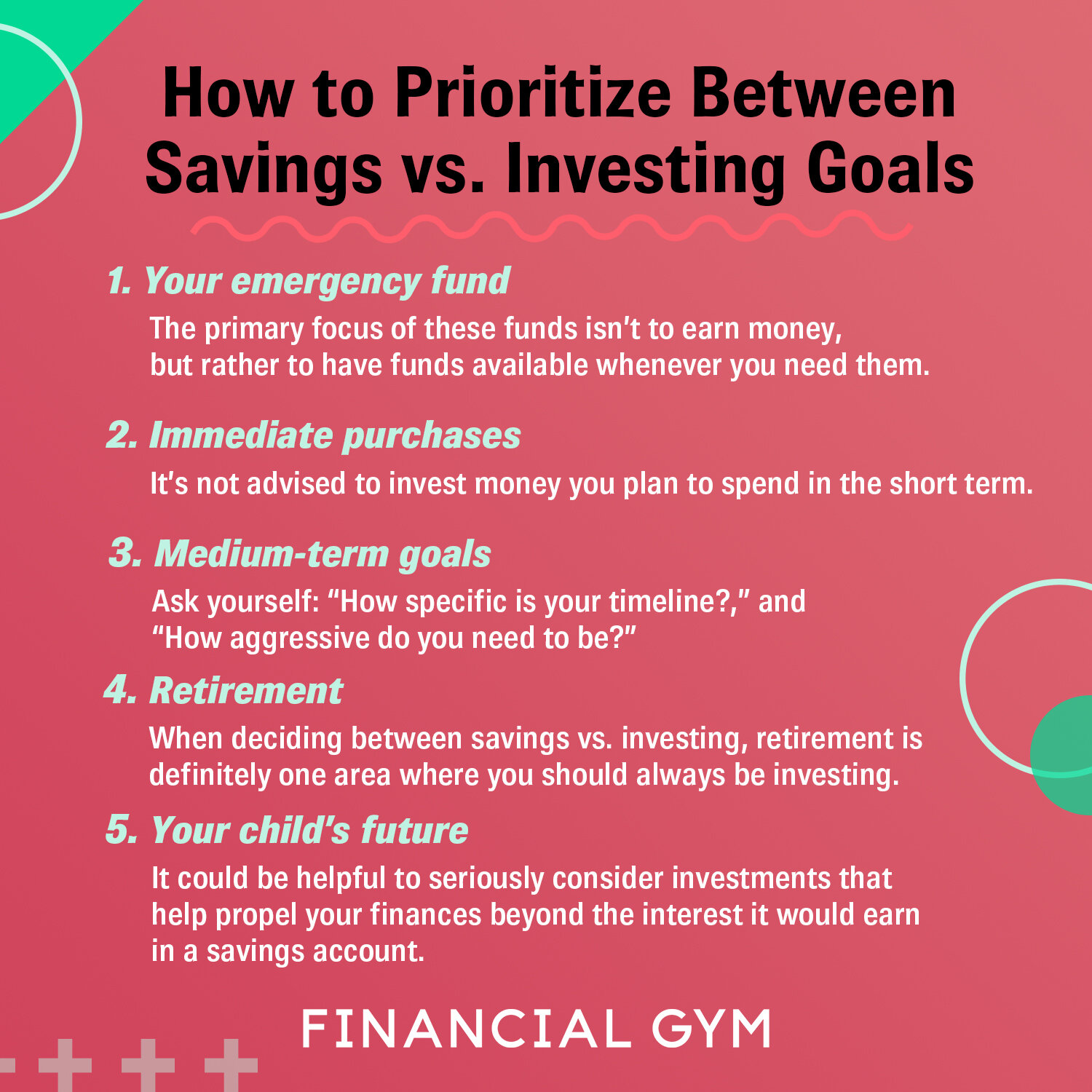
Are you looking at stocks with high dividend yields as well as high payout ratios for your money? You've come to the right place! We will walk you through the most important aspects to consider when purchasing stock, such as sustainability and payout ratio. This information will help to make smart investment decisions in Nasdaq stocks. These are just a few more tips that will help you make an informed decision. Find out how to evaluate whether a stock will be a good fit for your portfolio.
High dividend yields
The temptation to buy high dividend-yielding Nasdaq stocks is strong, but so is the risk of trying to chase high dividend yields. Companies like Rio Tinto, T. Rowe Price, and Federal Agricultural Mortgage, among others, tend to see their dividend yields increase as the underlying stock falls. Investors who chase high dividend yields could end up losing money over the long-term. However, if you are patient and wait until a stock's dividend yield drops, you could be rewarded with a massive payout.

High payout rates
High dividend yield investors should be aware of the payout ratio. Companies with a payout ratio of more than 50% tend to be better investments than those with a payout ratio less than 50 percent. In this way, dividend payments can be stable even when earnings decline. One example is Citigroup (C), which trades for less than 6.5 times earnings or 60% of its tangible book value. The company's yield is 4.3% and its earnings are sufficient to cover its dividend payments. Analysts expect earnings growth will be higher next year. This means that investors can be rewarded for long-term investments in Citigroup (C).
Ex-date
To invest in stocks listed on Nasdaq, you need to know about the ex–date of dividends. An ex-date is the day before the record date for a dividend. The stock will settle on Thursday if it was purchased on Tuesday. Assuming you are a shareholder at record on Thursday, you will be paid a dividend.
Sustainability of dividends
Dividend sustainability strategies should take into account the ability of the company to pay its current dividends, without having to incur additional debt or reduce their capital. The payout ratio should not exceed 1. Companies that pay more dividends than they make may not be able meet their debt payments. Consider companies that increase their dividends regularly as a strategy for dividend sustainability. They should be able to show a history in dividend increases and have a low payout percentage.

Investing in dividend growth stocks
You need to understand the importance of dividends when you are investing in a stock. Dividends are an integral part of any portfolio. They also contribute to the overall return of a stock. Dividend growth stocks can provide steady income and protect your portfolio from market volatility. ETFs cost around 0.1%, and there is no commission.
FAQ
What is security in a stock?
Security refers to an investment instrument whose price is dependent on another company. It could be issued by a corporation, government, or other entity (e.g. prefer stocks). If the asset's value falls, the issuer will pay shareholders dividends, repay creditors' debts, or return capital.
How does inflation affect stock markets?
The stock market is affected by inflation because investors need to pay for goods and services with dollars that are worth less each year. As prices rise, stocks fall. It is important that you always purchase shares when they are at their lowest price.
How are share prices established?
The share price is set by investors who are looking for a return on investment. They want to make money with the company. They buy shares at a fixed price. If the share price goes up, then the investor makes more profit. The investor loses money if the share prices fall.
An investor's main goal is to make the most money possible. This is why they invest in companies. This allows them to make a lot of money.
How can someone lose money in stock markets?
Stock market is not a place to make money buying high and selling low. You lose money when you buy high and sell low.
The stock market is an arena for people who are willing to take on risks. They are willing to sell stocks when they believe they are too expensive and buy stocks at a price they don't think is fair.
They believe they will gain from the market's volatility. They could lose their entire investment if they fail to be vigilant.
What is a Stock Exchange exactly?
A stock exchange allows companies to sell shares of the company. This allows investors and others to buy shares in the company. The market sets the price for a share. It usually depends on the amount of money people are willing and able to pay for the company.
Stock exchanges also help companies raise money from investors. To help companies grow, investors invest money. They buy shares in the company. Companies use their funds to fund projects and expand their business.
Stock exchanges can offer many types of shares. Some are called ordinary shares. These are the most popular type of shares. These are the most common type of shares. They can be purchased and sold on an open market. Stocks can be traded at prices that are determined according to supply and demand.
There are also preferred shares and debt securities. When dividends are paid out, preferred shares have priority above other shares. These bonds are issued by the company and must be repaid.
What is a mutual funds?
Mutual funds are pools of money invested in securities. Mutual funds offer diversification and allow for all types investments to be represented. This reduces risk.
Managers who oversee mutual funds' investment decisions are professionals. Some funds also allow investors to manage their own portfolios.
Because they are less complicated and more risky, mutual funds are preferred to individual stocks.
Who can trade in the stock market?
Everyone. All people are not equal in this universe. Some people are more skilled and knowledgeable than others. So they should be rewarded.
Trading stocks is not easy. There are many other factors that influence whether you succeed or fail. If you don’t have the ability to read financial reports, it will be difficult to make decisions.
This is why you should learn how to read reports. Each number must be understood. It is important to be able correctly interpret numbers.
Doing this will help you spot patterns and trends in the data. This will enable you to make informed decisions about when to purchase and sell shares.
This could lead to you becoming wealthy if you're fortunate enough.
What is the working of the stock market?
You are purchasing ownership rights to a portion of the company when you purchase a share of stock. The company has some rights that a shareholder can exercise. A shareholder can vote on major decisions and policies. He/she has the right to demand payment for any damages done by the company. He/she also has the right to sue the company for breaching a contract.
A company cannot issue any more shares than its total assets, minus liabilities. It is known as capital adequacy.
A company with a high capital adequacy ratio is considered safe. Companies with low ratios of capital adequacy are more risky.
Statistics
- The S&P 500 has grown about 10.5% per year since its establishment in the 1920s. (investopedia.com)
- Ratchet down that 10% if you don't yet have a healthy emergency fund and 10% to 15% of your income funneled into a retirement savings account. (nerdwallet.com)
- Even if you find talent for trading stocks, allocating more than 10% of your portfolio to an individual stock can expose your savings to too much volatility. (nerdwallet.com)
- Our focus on Main Street investors reflects the fact that American households own $38 trillion worth of equities, more than 59 percent of the U.S. equity market either directly or indirectly through mutual funds, retirement accounts, and other investments. (sec.gov)
External Links
How To
How to Invest in Stock Market Online
One way to make money is by investing in stocks. There are many methods to invest in stocks. These include mutual funds or exchange-traded fund (ETFs), hedge money, and others. Your investment strategy will depend on your financial goals, risk tolerance, investment style, knowledge of the market, and overall market knowledge.
Understanding the market is key to success in the stock market. This includes understanding the different types of investments available, the risks associated with them, and the potential rewards. Once you are clear about what you want, you can then start to determine which type of investment is best for you.
There are three main types: fixed income, equity, or alternatives. Equity is ownership shares in companies. Fixed income means debt instruments like bonds and treasury bills. Alternatives include commodities and currencies, real property, private equity and venture capital. Each category has its pros and disadvantages, so it is up to you which one is best for you.
Once you have determined the type and amount of investment you are looking for, there are two basic strategies you can choose from. One strategy is "buy & hold". You purchase some of the security, but you don’t sell it until you die. The second strategy is called "diversification." Diversification involves buying several securities from different classes. If you purchased 10% of Apple or Microsoft, and General Motors respectively, you could diversify your portfolio into three different industries. Multiple investments give you more exposure in different areas of the economy. This helps you to avoid losses in one industry because you still have something in another.
Another key factor when choosing an investment is risk management. Risk management will allow you to manage volatility in the portfolio. If you were only willing to take on a 1% risk, you could choose a low-risk fund. However, if a 5% risk is acceptable, you might choose a higher-risk option.
The final step in becoming a successful investor is learning how to manage your money. Planning for the future is key to managing your money. A good plan should cover your short-term goals, medium-term goals, long-term goals, and retirement planning. Then you need to stick to that plan! You shouldn't be distracted by market fluctuations. Keep to your plan and you will see your wealth grow.